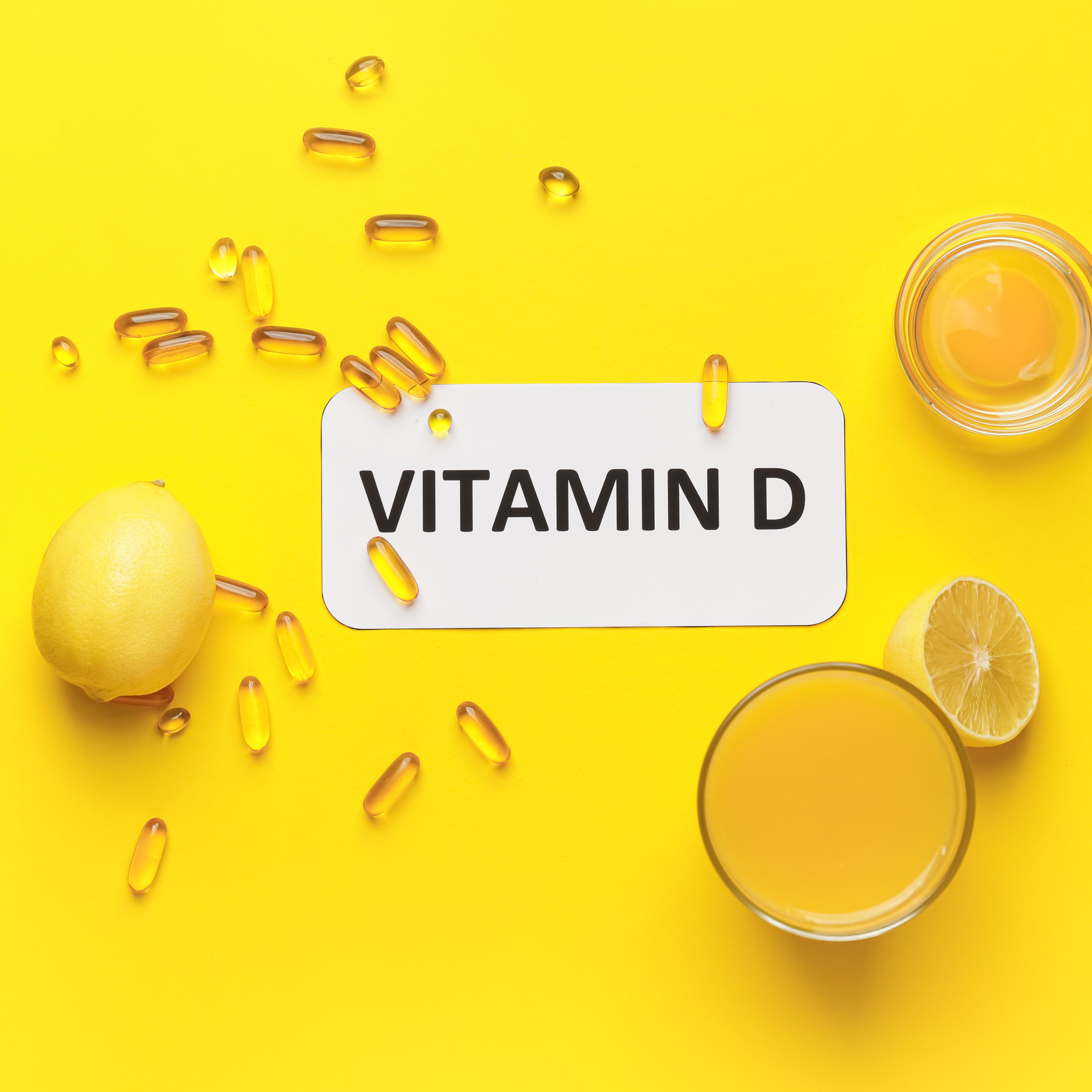
Root Causes For Dry Skin
There could be many causes for inflammation and dry skin but below are the causes that I see most regularly in my private practice:
- Low thyroid
- Poor circulation
- Diet with low level of healthy fats
- Low Omega-3s
- Hormonal imbalances
- Yeast overgrowth
LOW THYROID FUNCTION

An underactive thyroid can lead to uncomfortable symptoms that manifest in your skin. In addition to the hair thinning, brittle nails, constipation and cold hands and feet, it could include dry, or rough skin and can even cause you difficulty sweating.
When your thyroid isn’t producing enough thyroid hormones, it decreases eccrine gland secretion. This leads to dry skin and reduced sweating.
Additionally, hypothyroidism can sometimes be a result of an autoimmune issue from inflammation, which could manifest in psoriasis or myxoedema (swelling of the skin). Therefore, hypothyroidism may not be causing your dry skin but they may be coexisting because of an even deeper root cause.
POOR CIRCULATION

Your skin can give you a lot of signs about the health of your circulation. For example, poor circulation can show itself via varicose veins, cellulite, and puffiness.
Dry skin however can occur from a lack of circulation because nutrients will not be delivered is blood is not flowing.
DIET & LOW LEVELS OF HEALTHY FATS

Dry skin is, simply put, a sign of inflammation. Therefore, eating a low-inflammatory diet is key to reducing dry skin.
Additionally, the anti-inflammatory diet should be rich in healthy fats. If you’re a member of Synergised Nutrition, you know that my favourite source of fat is monounsaturated fat coming from olives, olive oil and avocados. However, please do not cook with olive oil or avocado oil as you will otherwise be consuming a highly inflammatory oxidised fat. Always consumed these healthy fats cold. A good quality olive oil contains loads of antioxidants in the form of polyphenols which are also essential for protecting your skin against environmental pollutants and free-radical damage.
Synergised Nutrition has loads of recipes which use the recommended sources of fat and shows you exactly how much should be consumed, as going overboard (hello Keto diet) is not healthy either!
LOW OMEGA-3

Omega-3 soothes your skin and gives it that ‘healthy glow’. So, if you’re feeling the opposite of ‘glowy’ and your skin feels more irritated and drier than soothed, it’s likely that you’re not getting enough Omega-3 in your diet – which is extremely difficult if you’re not supplementing with a high quality Omega—3! You would need to eat wild-caught fatty fish at least 4 times a week to get the optimal amount of this essential nutrient.
The fatty acids that you get from Omega-3 help regulate the skin’s oil production, improve balanced hydration, reduce breakouts, and even minimise signs of aging. This nutrient is essential for soothing irritated, dry skin and skin inflammation, such as dermatitis, from within.
Omega-3 balances inflammatory responses, meaning that skin remains softer and is visibly less inflamed. Optimal Omega-3 in-take has even been linked to boosting the skin’s immunity to UV damage and skin cancer.
I take a non-oxidised and pollutant free form Omega-3 from Bare Biology. You can get 10% off your order with them with PAULA10.
Poor gut health will often present itself via your skin, so if you are having issues with your skin then you need to look inwards – do you have bacterial overgrowth? Gut dysbiosis? Leaky gut? Well, Omega-3 really is a multi-tasker because it’s also essential for good gut health. However, if you think your skin issues are down to gut health, you will need to do more to address these issues than just supplement with Omega-3.
HORMONAL IMBALANCES & DRY SKIN

Dry skin is a common symptom of hormonal imbalances – this is why many women suffer dry skin around menopause.
If your estrogen levels are not optimal then you may suffer from dry skin. Why? Estrogen levels affect the production of elastin, collagen and hyaluronic acid. Therefore, if the production is inhibited due to low estrogen levels, your skin will not be able to retain as much moisture or elasticity. As a result, skin may feel drier and appear more wrinkled.
YEAST OVERGROWTH

If you have yeast or candida overgrowth, then your body will be trying to push out the excess and this can be pushed out via your skin. As a result, you could get a yeast skin infection or candidiasis on the skin.
This can result in your skin getting a yeast infection and overgrowth starts to occur on the skin. Consequently, your skin can become red, scaly, itchy and/or irritated.
To overcome yeast overgrowth, you will need to eliminate the fungal overgrowth on and inside your body. If you just treat the topical area, when you have overgrowth in your microbiome, then it is very likely to return.
WHAT TO DO IF YOU HAVE DRY SKIN
The best thing you can do is run at-home functional labs. This would help you identify any imbalances or overgrowth that are happening inside your body, resulting in inflammation and dry skin.
Lots of skin issues can have root causes in the gut due to the malabsorption of nutrients which are essential for skin health – such as Omega-3. Remember, it’s not what you eat, it’s what you absorb! So, if you are experiencing dry skin and eating a relatively healthy diet, it’s likely that you have a digestive issue which is inhibiting your body in absorbing nutrients from your food.
Finally, incorporate more healthy fats into a low-inflammatory diet – there are heaps of recipes on Synergised Nutrition which are quick and easy, nutritious and delicious.
I can’t begin to tell you the amount of clients that I have seen who were consuming either the incorrect foods and inflammatory fats OR had a healthy diet but was not absorbing the nutrients due to a dysfunctional digestive system – or simply because they were actually cooking with these and so turning healthy fats into unhealthy ones!
References:









Leave a comment